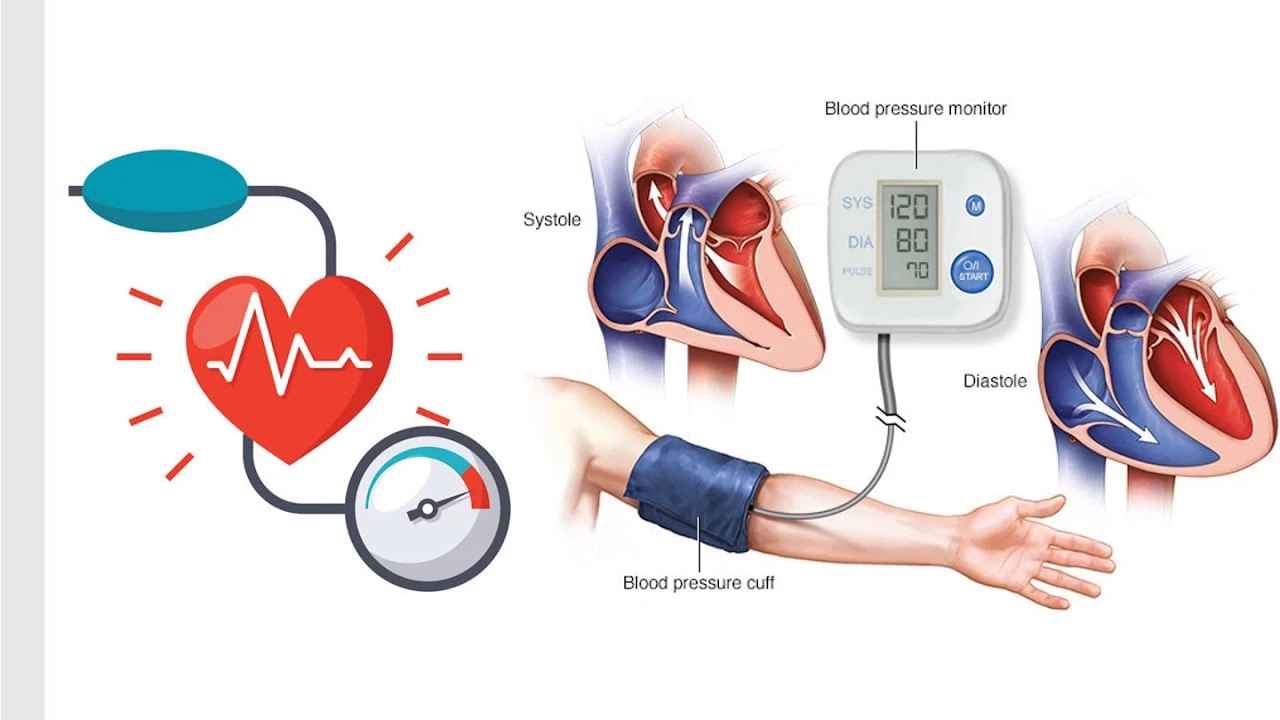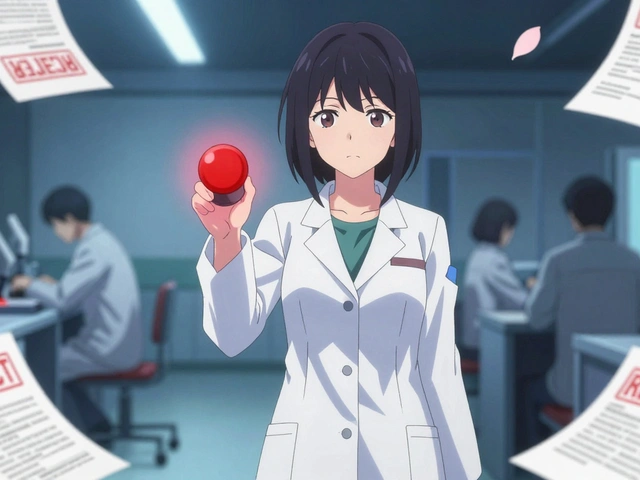Lifestyle changes that actually help your health and meds
Want better control of your health without adding more prescriptions? Small lifestyle changes often make medicines work better, cut side effects, and reduce the need for extra drugs. You don’t need a total life overhaul — just a few focused habits you can keep doing every day.
Six practical changes you can start this week
1) Sleep more consistently. Aim for 7–8 hours and go to bed at roughly the same time. Good sleep improves blood pressure, mood, and how your body responds to many medicines.
2) Move daily. You don’t need a gym. Thirty minutes of brisk walking, cycling, or yard work most days helps blood sugar, cholesterol, and weight. That can reduce reliance on some diabetes or cholesterol drugs over time.
3) Improve your plate. Focus on whole foods: vegetables, lean proteins, whole grains, and healthy fats like olive oil. Cutting added sugar and processed snacks lowers inflammation and can reduce blood pressure and blood sugar spikes that complicate treatment.
4) Hydrate and cut alcohol. Water supports digestion and medication absorption. Too much alcohol can interfere with common meds like antidepressants, painkillers, and blood thinners. Keep alcohol moderate or stop if your doctor advises.
5) Quit smoking. Within weeks your circulation improves. Quitting reduces the need for extra inhalers, lowers heart disease risk, and makes many drugs safer and more effective.
6) Manage stress regularly. Short daily practices—deep breathing, a 10-minute walk, or a quick stretching session—lower stress hormones that affect blood pressure, sleep, and chronic pain.
How lifestyle changes help your medicines — and save money
Make medicines more predictable. Stable routines (sleep, meals, exercise) reduce fluctuations in blood sugar and blood pressure, so doses don’t need constant tweaks. That can mean fewer doctor visits and lower pharmacy bills.
Watch for interactions. Some foods and supplements change how drugs work. Grapefruit affects many heart medicines; St. John’s wort can weaken some antidepressants and birth control pills. Tell your pharmacist about every supplement you take so they can spot risks.
Use lifestyle changes as part of your plan, not a replacement, unless your doctor says so. Track progress with simple measures: a weekly weight check, a blood pressure cuff at home, or a diabetes meter. Share those numbers with your clinician — it helps them adjust treatment sensibly.
Start small and be consistent. Pick one habit this week, not five. Swap soda for water, add a 15-minute walk, or set a bedtime alarm. Those tiny wins stack up and often mean fewer meds, fewer side effects, and better quality of life.
If you’re on prescription drugs and want to try lifestyle changes, ask your doctor how to adjust meds safely. Need cheap medication options in Mexico or supplement alternatives? Our site helps you compare prices and safe options so lifestyle gains don’t break the bank.






